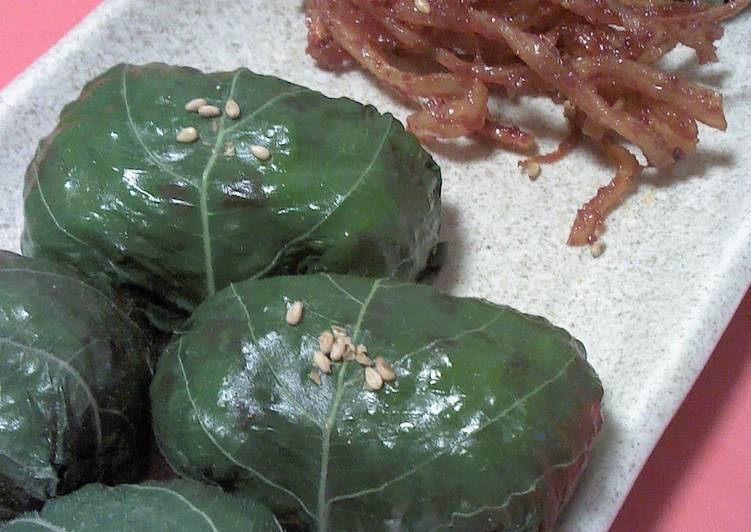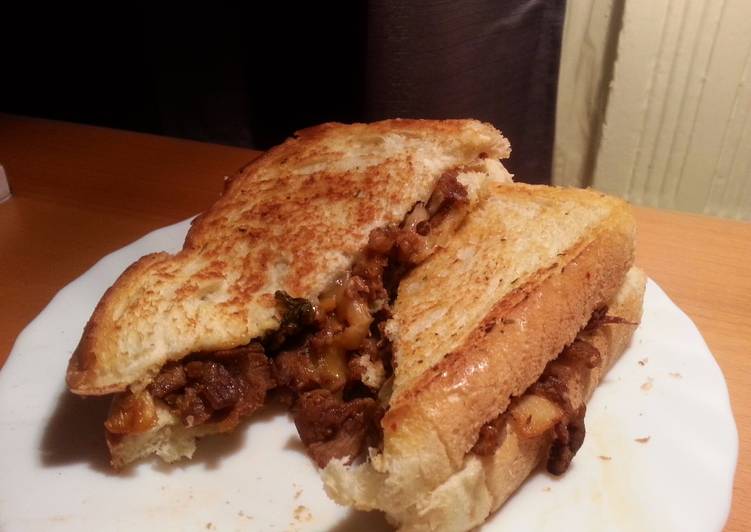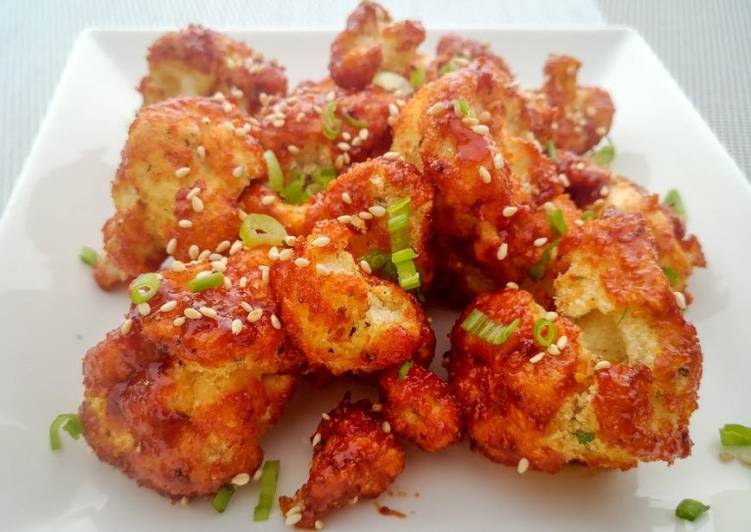
Hey everyone, it is Jim, welcome to my recipe page. Today, I will show you a way to make a distinctive dish, egoma leaf onigiri (rice balls) korean dish. It is one of my favorites. For mine, I am going to make it a little bit unique. This is gonna smell and look delicious.
Onigiri, also known as Japanese rice ball is a great example of how inventive Japanese cuisine can be. It is also a Japanese comfort food made from steamed rice formed into the typical triangular, ball, or cylinder shapes and. Since my step daughter visiting us for her summer break, I'm making a lot of snack for her.
Egoma Leaf Onigiri (Rice Balls) Korean Dish is one of the most popular of current trending meals in the world. It’s simple, it is quick, it tastes delicious. It’s enjoyed by millions daily. They’re nice and they look fantastic. Egoma Leaf Onigiri (Rice Balls) Korean Dish is something that I have loved my entire life.
To begin with this recipe, we have to first prepare a few ingredients. You can cook egoma leaf onigiri (rice balls) korean dish using 8 ingredients and 9 steps. Here is how you cook that.
The ingredients needed to make Egoma Leaf Onigiri (Rice Balls) Korean Dish:
- Take 30 Egoma leaves
- Prepare 700 grams Plain cooked rice
- Get 100 grams Minced beef (or minced beef and pork mix)
- Get 1/2 tsp Carrot
- Make ready 4 1/2 tbsp Soy sauce
- Take 3 tbsp Mirin
- Make ready 1 1/2 tbsp Sugar
- Take 1 tsp Sesame oil
Part sushi, part tuna fish sandwich and all the way delicious, these Wasabi Tuna Onigiri are. They're fun to make and are a staple of Japanese lunchboxes (bento). You can put almost anything in an onigiri; try substituting grilled salmon, pickled plums, beef, pork, turkey, or tuna with mayonnaise. Onigiri are balls of rice, usually wrapped with nori seaweed and containing a meat or vegetable filling.
Instructions to make Egoma Leaf Onigiri (Rice Balls) Korean Dish:
- Sauté the meat and roughly chopped carrot, and add the soy sauce, mirin, and sugar.
- Cook until the liquid is almost completely evaporated out of the pan. Since you will mix this meat mixture with rice, it should be a little salty.
- These are egoma leaves. They are a little bigger and thicker than shiso leaves.
- Add a little salt to boiled water, and parboil the egoma leaves for 1-2 minutes. They will become too soft if you boil them for too long, so parboil them briefly.
- To prevent them from discoloring, blanch in cold water after parboiling.
- Drain the leaves, and wring them tightly in your hands. They are quite tough, so don't worry – just wring them as tightly as you can.
- Add the meat mixture from Step 2 and sesame oil to the cooked rice.
- Spread out the egoma leaf, taking care not to tear it, and wrap a rice ball inside. Trim off the stems.
- This is how they turn out. They make bite-sized pieces.
Much like sandwiches in the West, onigiri are readily available in convenience stores across Japan Sprinkle some sesame seeds or cut up shiso leaves to put on the rice for a little extra flavour (optional). O-nigiri (お握り or 御握り; おにぎり), also known as o-musubi (お結び; おむすび), nigirimeshi (握り飯; にぎりめし), rice ball, is a Japanese food made from white rice formed into triangular or cylindrical shapes and often wrapped in nori (seaweed). Japanese rice balls, also known as onigiri or omusubi, are a staple of Japanese lunch boxes (bento). They are usually shaped into rounds or triangles by hand, and they're fun to make and eat. Much like sandwiches in the West, onigiri is readily available in convenience stores across Japan.
So that is going to wrap it up with this exceptional food egoma leaf onigiri (rice balls) korean dish recipe. Thank you very much for your time. I am confident that you can make this at home. There’s gonna be more interesting food in home recipes coming up. Don’t forget to bookmark this page on your browser, and share it to your loved ones, friends and colleague. Thank you for reading. Go on get cooking!


